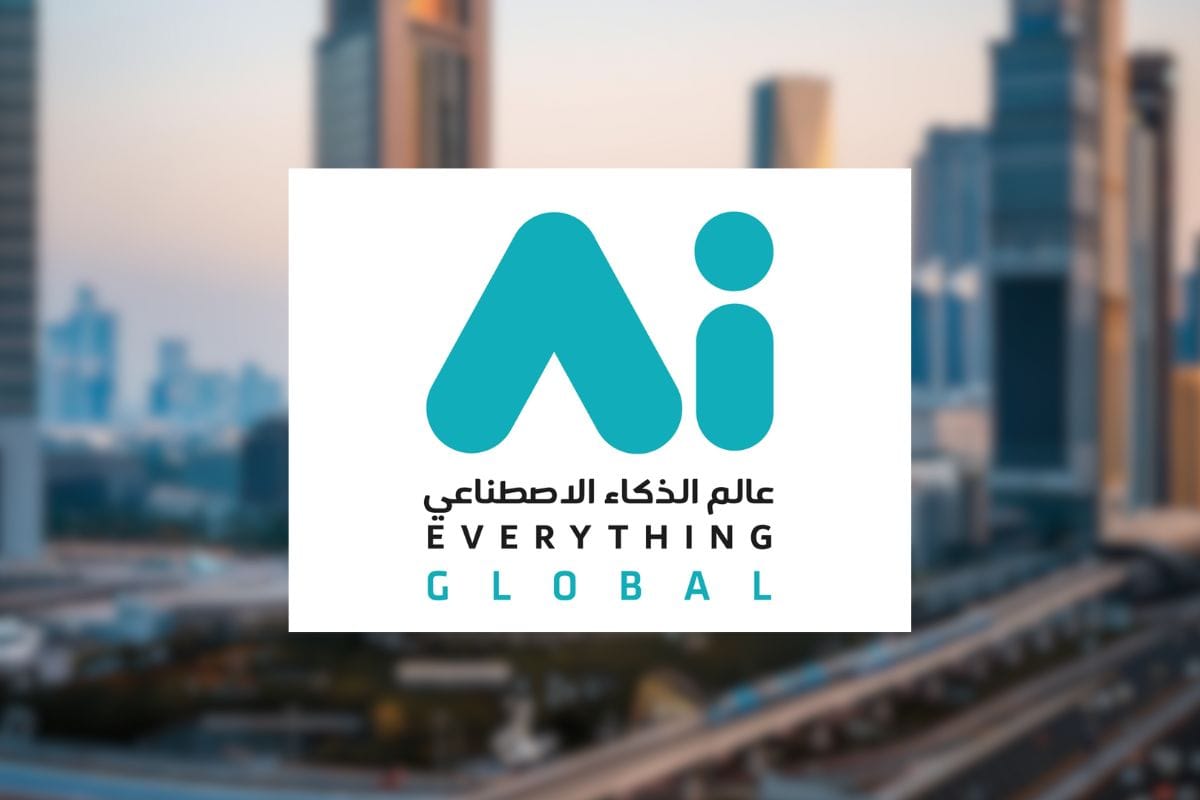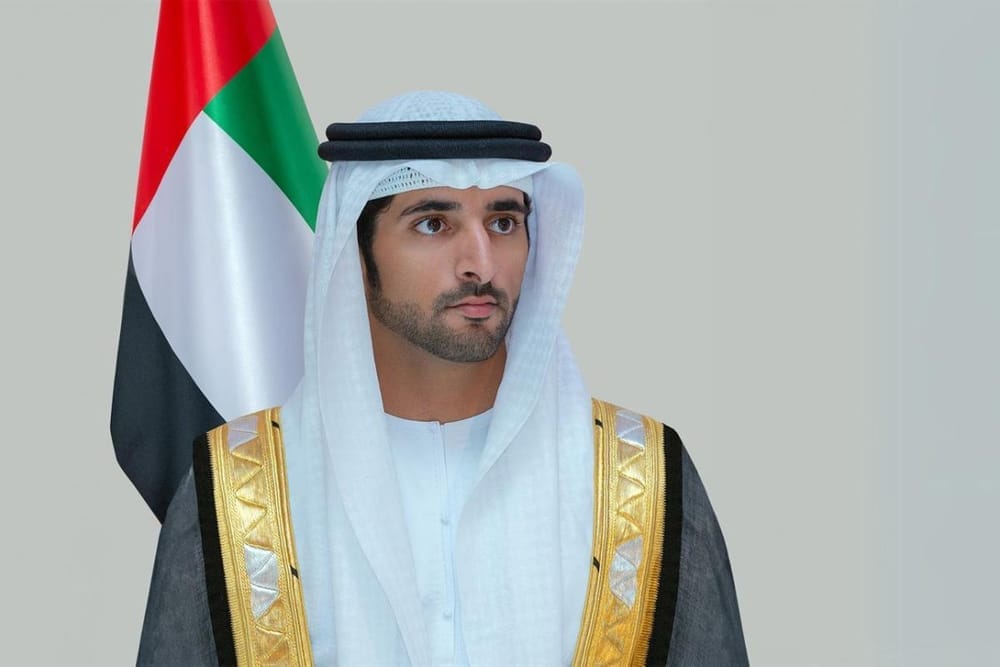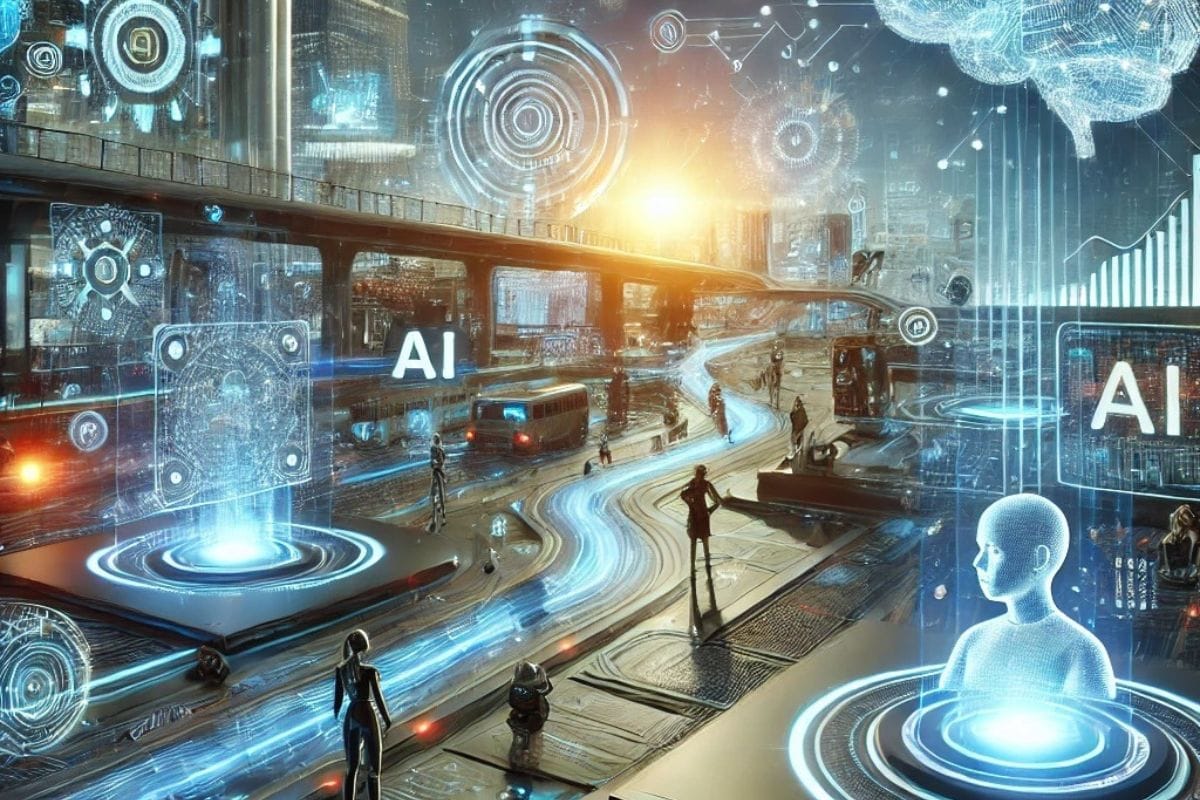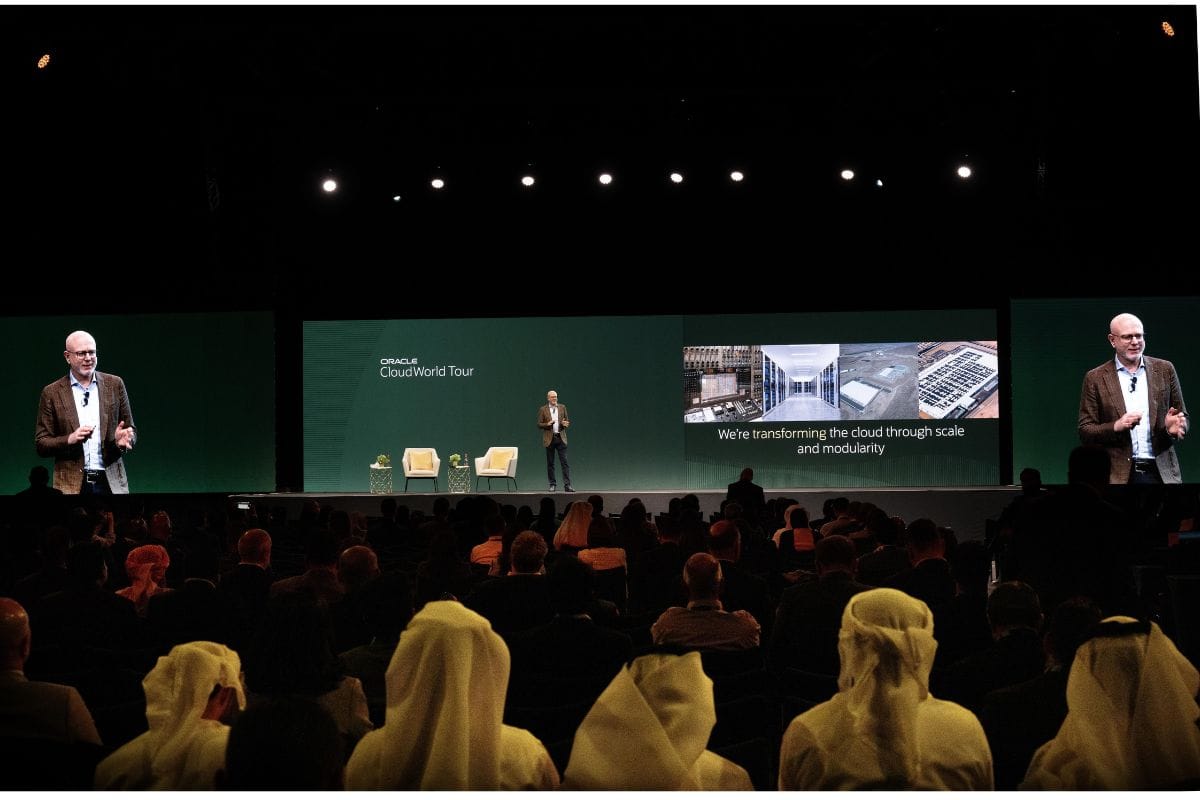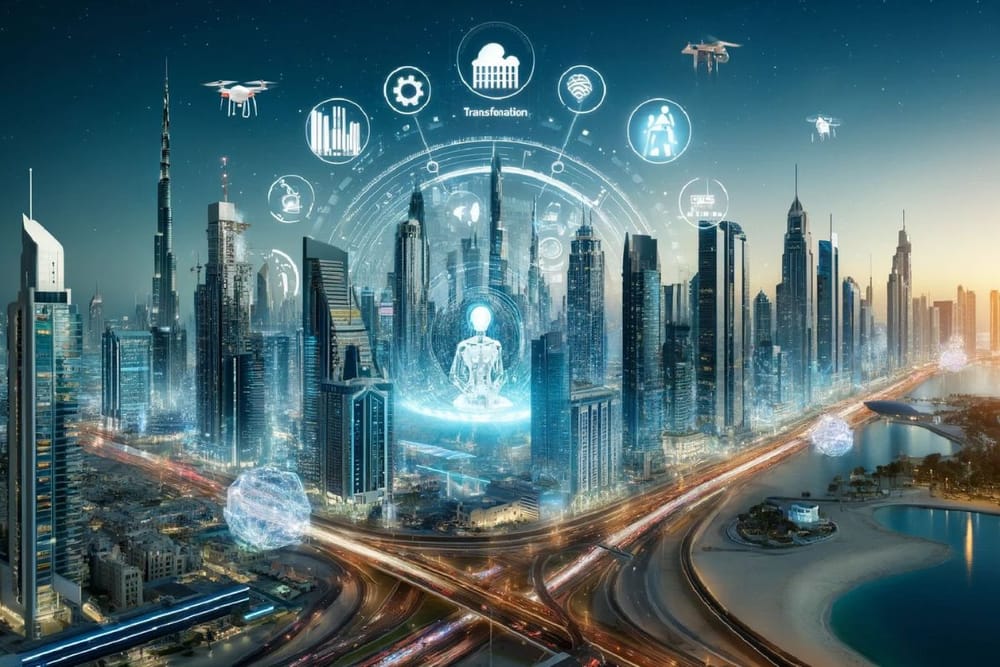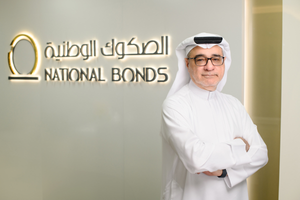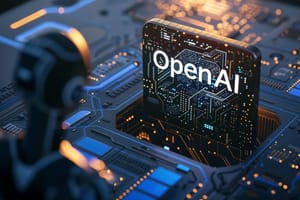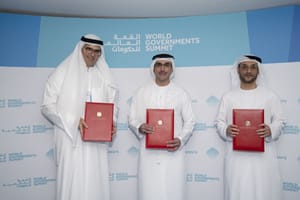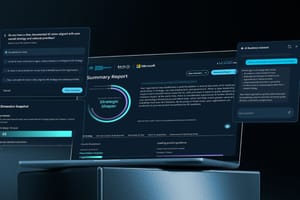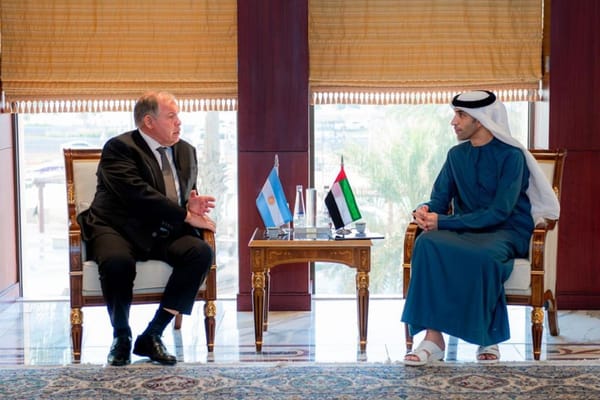Dubai is no stranger to innovation. As one of the world’s most ambitious cities, it has consistently pushed the boundaries of technology and urban development. Today, Dubai is at the forefront of the Smart City revolution, integrating Artificial Intelligence (AI), the Internet of Things (IoT), and sustainable technology to enhance efficiency, security, and quality of life.
A smart city is designed to use technology to improve urban living, streamline services, and promote sustainability. Dubai’s Smart City strategy is a testament to its commitment to becoming a global leader in digital transformation. With initiatives like the Dubai Paperless Strategy, AI-driven governance, and smart infrastructure, the city is making rapid strides toward a tech-powered future.
In 2025, Dubai’s smart city landscape is evolving faster than ever, with AI-powered traffic systems, IoT-enabled buildings, and cutting-edge sustainability projects reshaping the way people live and work.
This article explores the latest technological advancements driving Dubai’s transformation, from AI-driven services to smart mobility and green energy solutions.
Dubai’s Smart City Vision: How Did We Get Here?
Dubai’s transformation into a global smart city has been years in the making, driven by government-led initiatives, strategic investments, and a clear vision for the future. The city has already made significant progress in digital governance, AI integration, and smart infrastructure, laying a strong foundation for the innovations taking shape in 2025.
Key Achievements in Dubai’s Smart City Development
Smart Dubai 2021: The Paperless Government
- By the end of 2021, Dubai became the world’s first paperless government.
- Over 1 billion paper transactions annually were digitized, making public services 100% accessible online.
- This eliminated bureaucracy, reduced environmental impact, and increased efficiency for residents and businesses.
Dubai Blockchain Strategy
- Dubai launched this initiative to secure government and business transactions using blockchain technology.
- More than 50% of government operations are now conducted via blockchain, ensuring security and transparency.
AI-Powered Public Services & Governance
- The UAE AI Strategy 2031 positioned AI at the heart of Dubai’s smart city transformation.
- The city has introduced AI-powered government services, including virtual assistants, predictive analytics for city planning, and automated administrative processes.
IoT-Enabled Smart Infrastructure
- The Dubai Data Initiative created an open data ecosystem, allowing businesses to access real-time city data for better decision-making.
- IoT sensors are deployed across transport networks, smart buildings, and public spaces, enabling real-time monitoring and automation.
Dubai 10X Initiative
- Launched to position Dubai 10 years ahead of global cities in technology adoption.
- Has led to projects like AI-driven traffic management, drone delivery systems, and robotic policing.
Green Energy & Sustainability
- Dubai is already home to the world’s largest single-site solar park, the Mohammed Bin Rashid Al Maktoum Solar Park.
- Smart grids, AI-powered energy monitoring, and sustainable city models like The Sustainable City are already in place.
Dubai has already implemented many of the core smart city technologies that make daily life more efficient, sustainable, and tech-driven. As we move into 2025, these achievements serve as a launchpad for even more advanced innovations, which we explore in the next sections.
AI Innovations in Dubai
Artificial Intelligence (AI) is one of the key drivers of Dubai’s Smart City transformation, enhancing everything from public services and healthcare to transportation and security. The UAE government’s commitment to AI is evident in the UAE AI Strategy 2031, which aims to position the country as a global leader in AI adoption. In 2025, Dubai will continue to push the boundaries of AI integration, making life more efficient, secure, and connected.
AI in Public Services
Dubai has been at the forefront of automating government services, reducing bureaucracy, and streamlining processes for residents and businesses.
- AI-powered virtual assistants provide 24/7 access to government services through Smart Dubai apps.
- The Dubai Paperless Strategy, powered by AI, ensures that all transactions, permits, and legal documents are processed digitally.
- AI-driven chatbots handle customer service inquiries, reducing waiting times and improving response efficiency.
AI in Healthcare
The Dubai Health Authority (DHA) is integrating AI to enhance diagnostics, improve patient care, and optimize hospital operations.
- AI-powered predictive analytics help doctors detect diseases before symptoms appear.
- Robotic surgeries ensure higher precision and faster recovery times.
- AI-driven health monitoring wearables track patient vitals in real time, reducing emergency cases.
AI in Transportation & Mobility
Dubai’s transportation infrastructure is becoming smarter, with AI playing a crucial role in traffic management, public transport, and autonomous mobility.
- AI-powered traffic lights adjust in real time to ease congestion.
- Dubai Metro uses AI for predictive maintenance, reducing delays and ensuring smooth operations.
- The Dubai Roads and Transport Authority (RTA) is working towards deploying autonomous taxis and self-driving public transport by 2030.
AI in Security & Surveillance
Public safety is a top priority, and AI-driven systems are helping Dubai maintain high-security standards.
- Facial recognition technology in metro stations and airports enhances security screening.
- AI-powered predictive crime analysis helps authorities anticipate and prevent incidents before they occur.
- Smart CCTV networks analyse real-time footage, identifying suspicious activity instantly.
AI in Business & Finance
Dubai’s banking and financial sectors are leveraging AI for fraud detection, risk management, and personalised financial services.
- AI-driven chatbots and robo-advisors assist customers with investments and account management.
- Predictive AI algorithms detect fraudulent transactions before they happen.
- AI optimizes business operations, from supply chain management to automated bookkeeping.
Case Study: Dubai Police's 'Oyoon' AI Surveillance Program
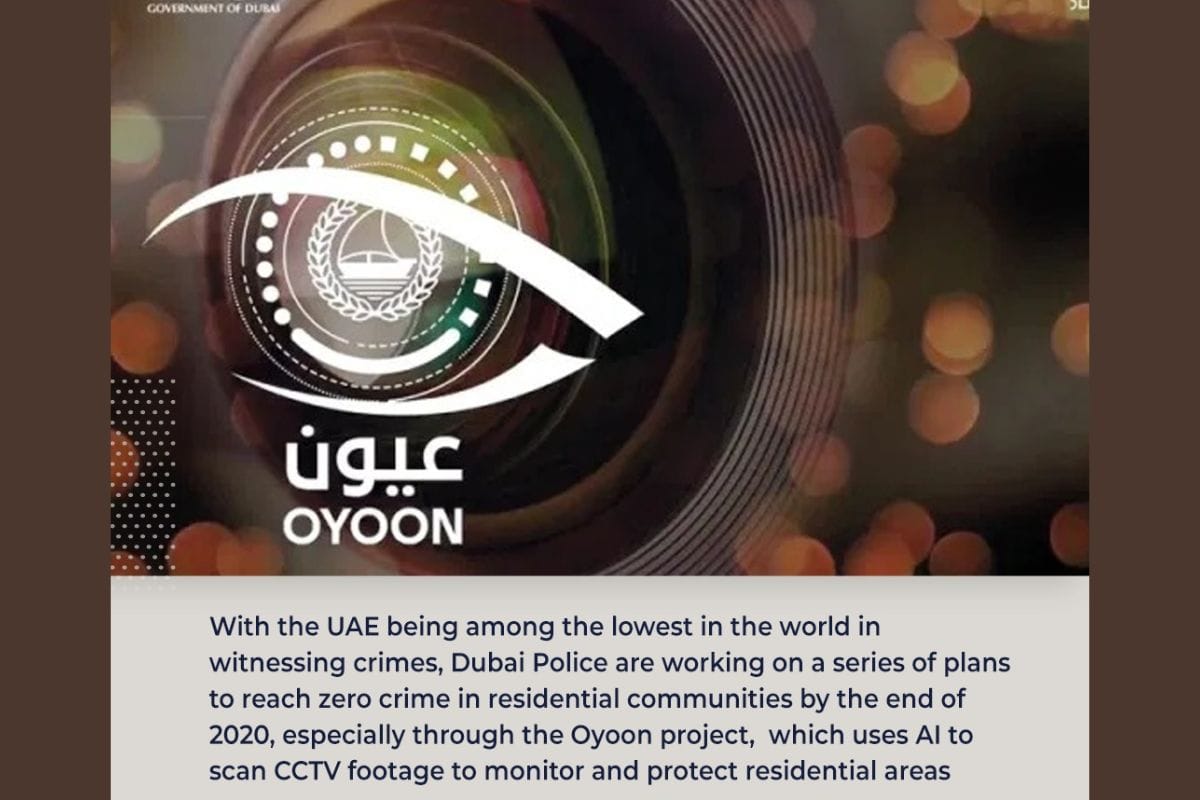
In 2018, Dubai Police launched the 'Oyoon' (Arabic for 'Eyes') project, an advanced surveillance initiative aimed at enhancing public safety through artificial intelligence (AI) and data analytics. The program integrates thousands of CCTV cameras across the city into a unified, AI-powered system capable of real-time monitoring and analysis.
Key Features of 'Oyoon':
- Facial Recognition Technology: The system employs AI-driven facial recognition to identify individuals involved in criminal activities, enabling swift apprehension.
- License Plate Recognition: 'Oyoon' can automatically detect and track vehicle license plates, assisting in the identification of wanted vehicles and monitoring traffic violations.
- Behavioral Analysis: The AI analyzes patterns and behaviours to predict potential criminal activities, allowing for proactive intervention.
Impact and Achievements:
- Crime Prevention: In its initial phase, 'Oyoon' contributed to the arrest of 319 suspects by leveraging AI capabilities.
- Enhanced Emergency Response: The system has reduced police response times to incidents from an average of 6.46 minutes to less than three minutes, significantly improving public safety.
- Comprehensive Coverage: 'Oyoon' covers key areas including tourist destinations, public transportation, and major traffic routes, ensuring a wide-reaching impact on city safety.
The 'Oyoon' project exemplifies Dubai's commitment to integrating advanced AI technologies into urban management, setting a benchmark for smart city initiatives worldwide.
Internet of Things (IoT)
Dubai is rapidly transforming into a hyper-connected smart city, with IoT technology playing a major role in optimizing infrastructure, transportation, and city services. The Dubai Internet of Things Strategy launched as part of the Smart Dubai initiative, aims to create the world's most advanced IoT ecosystem, improving efficiency, sustainability, and real-time decision-making across various sectors.
IoT in Infrastructure: Smarter Buildings and Public Spaces
Dubai’s urban landscape is evolving with AI-powered buildings, automated utilities, and intelligent public spaces.
- Smart buildings use real-time sensors to monitor energy consumption, lighting, and water usage, reducing waste and promoting sustainability.
- IoT-enabled maintenance alerts property managers about required repairs before problems arise.
- Public Wi-Fi hotspots across Dubai ensure seamless digital connectivity for residents and visitors.
IoT in Transportation: Optimizing Mobility
Dubai’s transportation sector has embraced IoT to enhance traffic flow, parking availability, and public transit efficiency.
- AI-driven traffic management systems adjust signals based on real-time congestion patterns, reducing delays.
- Smart parking meters provide live updates on available spaces, cutting down search time and unnecessary emissions.
- Dubai Metro and RTA buses are equipped with IoT-based predictive maintenance, ensuring fewer breakdowns and service delays.
IoT in Energy: Sustainable & Efficient Power Usage
Sustainability is a key focus in Dubai’s smart city evolution, and IoT has been instrumental in reducing energy waste.
- Smart grids monitor energy usage across homes and businesses, automatically optimizing consumption during peak hours.
- IoT-based waste management systems track garbage levels in bins and dispatch automated collection vehicles, keeping the city cleaner.
- The Mohammed Bin Rashid Al Maktoum Solar Park, the world’s largest single-site solar power project, uses IoT to monitor efficiency and optimize power distribution.
Case Study: Dubai's Intelligent Traffic Systems (ITS)
In its pursuit of becoming a global leader in smart city initiatives, Dubai has implemented advanced Intelligent Traffic Systems (ITS) to enhance urban mobility and reduce congestion. These systems leverage Artificial Intelligence (AI), the Internet of Things (IoT), and big data analytics to monitor and manage traffic flow across the emirate.
Key Features of Dubai's ITS:
- Real-Time Traffic Monitoring: A network of IoT sensors and cameras collects real-time data on traffic conditions, vehicle speeds, and congestion levels. This data is transmitted to centralized control centres for analysis.
- AI-Driven Traffic Management: AI algorithms analyze the collected data to predict traffic patterns and congestion hotspots. This predictive capability allows for proactive traffic management, such as adjusting traffic signal timings to optimize flow.
- Integrated Communication Systems: The ITS platform integrates various communication systems to provide real-time traffic updates to drivers through dynamic message signs and mobile applications, enabling informed route choices.
Impact and Achievements:
- Expanded Coverage: The implementation of ITS has expanded the coverage of intelligent traffic systems from 11% to 60% of Dubai's road network, significantly enhancing the city's ability to manage traffic effectively.
- Improved Incident Detection and Response: The system's real-time monitoring capabilities have reduced the time required to detect road incidents and predict congestion, facilitating quicker response times and minimizing traffic disruptions.
- Enhanced Traffic Flow: Adaptive traffic signal controls, informed by AI-driven predictions, have contributed to smoother traffic flow and reduced congestion in key areas of the city.
Dubai's ITS exemplifies the city's commitment to leveraging advanced technologies to create a more efficient and sustainable urban environment. By integrating AI and IoT into its traffic management infrastructure, Dubai is setting a benchmark for smart city transportation solutions globally.
Sustainable Technology Driving Smart City Growth
As Dubai embraces rapid technological advancement, sustainability remains a core priority in its Smart City development. The integration of green energy, AI-driven resource management, and smart waste solutions is helping the city balance innovation with environmental responsibility. In 2025, Dubai’s focus on smart and sustainable technologies is shaping energy efficiency, transportation, and eco-friendly urban planning.
Smart Energy Solutions: Powering a Greener Future
Dubai is leading the way in renewable energy and AI-driven energy conservation:
- The Mohammed Bin Rashid Al Maktoum Solar Park is the world’s largest single-site solar park, aiming to provide 5,000 megawatts of clean energy by 2030.
- Smart grid technology enables real-time monitoring of energy consumption, ensuring efficient distribution and reduced wastage.
- AI-powered automated energy systems optimize power usage across businesses and homes, adjusting consumption based on demand.
Autonomous & Electric Transport: The Future of Mobility
Sustainable transport is a key pillar of Dubai’s Smart City vision:
- Dubai’s autonomous taxis and self-driving public transport are being introduced as part of the RTA’s Sustainable Mobility Strategy.
- The Dubai Metro Green Initiative is transitioning to energy-efficient trains, reducing carbon emissions.
EV (Electric Vehicle) charging stations are now widespread, encouraging a shift towards zero-emission vehicles.
Green Buildings & Smart Waste Management
Dubai is transforming urban planning with sustainable architecture and waste reduction strategies:
- The city has adopted AI-powered waste management systems, where smart bins monitor waste levels and alert collection services for optimized efficiency.
- Sustainable city models, such as The Sustainable City in Dubailand, serve as blueprints for carbon-neutral urban development.
- Green buildings use IoT-connected HVAC systems and solar panels to optimize energy efficiency and reduce environmental impact.
Case Study: The Sustainable City Dubai
Located in Dubai's Dubailand district along Al Qudra Road, The Sustainable City spans 46 hectares (113 acres) and stands as a pioneering model for eco-friendly urban living.
Key Features:
- Renewable Energy: Equipped with solar panels on residential and communal buildings, the city generates more energy than it consumes, achieving net-zero energy status.
- Water Conservation: Advanced water recycling systems treat greywater for irrigation, while rainwater harvesting systems capture and utilize rainwater, significantly reducing water waste.
- Green Transportation: Car-free residential clusters encourage walking and cycling, complemented by electric vehicle (EV) charging stations and shared electric buggies for internal transit.
- Urban Farming: A central "green spine" features 11 biodomes and community gardens, allowing residents to grow local produce and promoting food sustainability.
Impact and Achievements:
- Environmental Benefits: The city boasts an over 89% landfill diversion rate through effective waste separation and recycling, significantly reducing its environmental footprint.
- Community Well-being: Amenities such as an equestrian centre, cycling and jogging tracks, and green spaces enhance residents' quality of life, fostering a sense of community and promoting healthy lifestyles.
The Sustainable City exemplifies how innovative design and technology can create a self-sustaining urban environment, serving as a replicable model for future cities aiming to achieve net-zero emissions by 2050.
What’s Next for Dubai’s Smart City Vision?
Dubai’s smart city transformation is an ongoing journey, with ambitious plans for even greater technological integration, sustainability, and urban efficiency. As the city continues to position itself as a global leader in innovation, several key advancements are expected to shape the next phase of its smart evolution.
1. Expansion of AI and Automation Across Sectors
Dubai is set to expand its use of AI-driven automation in governance, healthcare, and transportation.
- AI-powered robotic policing is expected to increase, with fully autonomous police stations operating across the city.
- AI health diagnostics will further integrate with smart hospitals, enabling faster, more accurate medical assessments.
- Hyper-personalized AI assistants will become commonplace in public services and businesses.
2. The Rise of Fully Autonomous Transportation
Dubai aims to have 25% of all transport trips automated by 2030, reducing traffic congestion and emissions.
- Autonomous taxis and air taxis will be integrated into the RTA’s transport network.
- AI-driven traffic management systems will reduce congestion by 40%.
- The city is investing in smart cycling and pedestrian-friendly initiatives for safer, greener mobility.
3. Expansion of Green Tech and Sustainability Initiatives
Sustainability will continue to be a top priority, with Dubai ramping up its investment in green technology.
- The UAE Net Zero by 2050 strategy will drive major developments in renewable energy, carbon capture, and green hydrogen production.
- Smart desalination plants will enhance water sustainability.
- The Smart Cooling Initiative will introduce AI-driven energy-efficient cooling systems in urban districts.
4. A Blockchain-Powered Economy
Dubai’s Blockchain Strategy aims to digitize 100% of government transactions, making them paperless, secure, and transparent.
- Blockchain will be used to secure financial transactions, real estate contracts, and medical records.
- Smart contracts and digital identities will streamline business operations and reduce fraud.
5. The Emergence of the Metaverse in Smart City Planning
Dubai is at the forefront of Metaverse integration, using virtual city models to enhance urban planning.
- AI-powered digital twins of Dubai will help planners simulate infrastructure developments before execution.
- The Dubai Metaverse Strategy will integrate virtual reality (VR) into tourism, healthcare, and real estate.
Dubai’s Smart City Vision creates a sustainable, efficient, and future-ready city. With AI, IoT, and green innovations shaping every aspect of life, Dubai continues to set the global benchmark for urban development.
As we move further into 2025, one thing is certain: Dubai isn’t just keeping up with the future, it’s creating it.
The information derived above is from the following sources: Digital Dubai, UAE Government Portal, Smart Dubai, Dubai Future Foundation, Dubai Roads and Transport Authority (RTA), The Sustainable City Dubai, Gulf News, Wired Middle East, IoT M2M Council, and Eurogroup Consulting MEA, ensuring accuracy and relevance to Dubai’s ongoing Smart City advancements.
Also Read:
